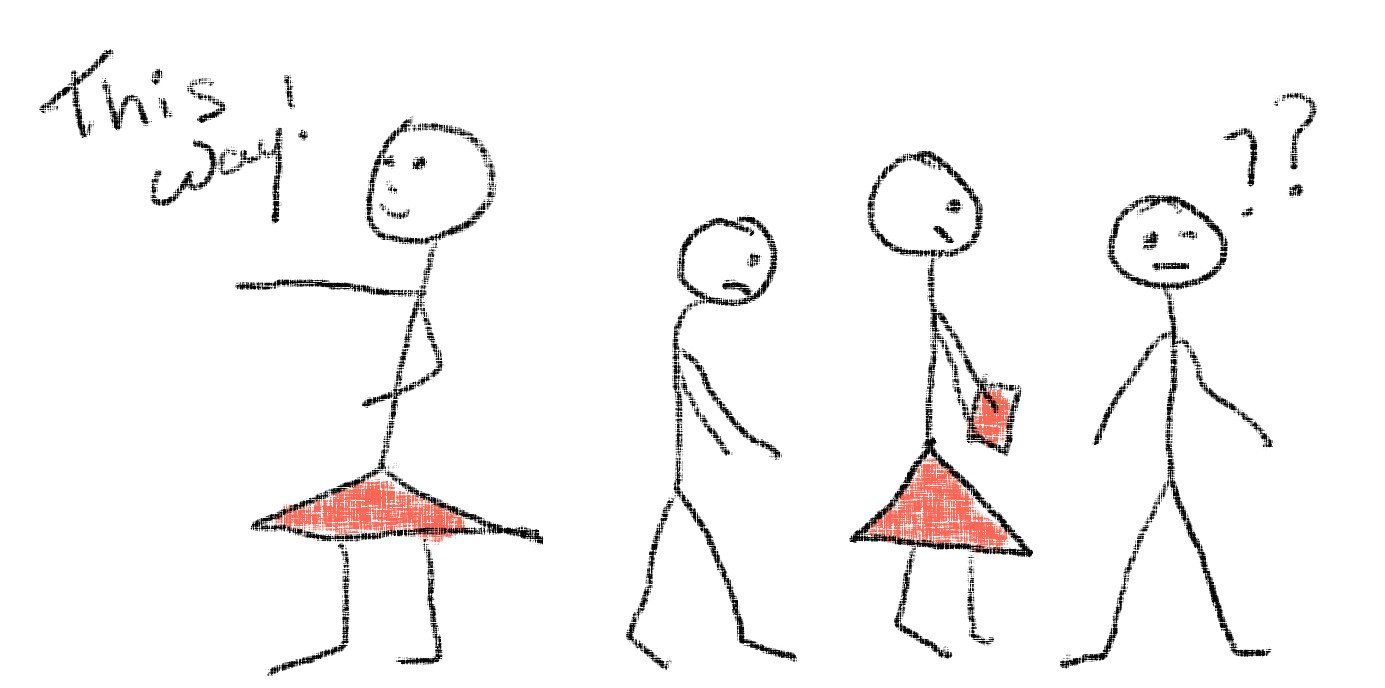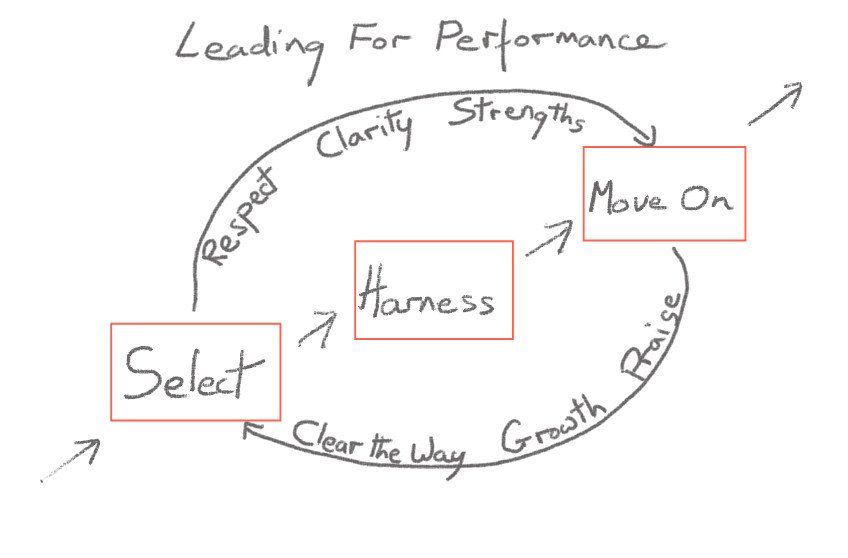When it comes to leading a team, most of us can muddle through.
Often, little is expected of us.
But, wouldn't it be great to be good?
When it comes to leading a team, most of us can muddle through.
Often, little is expected of us.
But, wouldn't it be great to be good?



There are a few basic principles that you need to accept before you focus on your team.
Fail to pay attention to them and you will do more harm than good.
It's not about whether, or not, you respect them.
It's about whether they feel respected by you.
Skills and experience can be developed, innate strengths may be uncovered, but if they're not there, they're not there.
At the heart of the Leading People 6 is the ability to harness the team.
It's an amazing thing when you get it right.
The Leading People 6 may not always make it easy.
But, they should help to always achieve it with respect.